By Amadi Chimaobi Kingsley
FAMILY Gbese delivers a thought-provoking exploration of familial obligations and the moral compromises that accompany ambition. The narrative uses Nnamdi Nwagba’s internal conflict to highlight the tension between individual aspirations and the inescapable pull of family loyalty, a theme deeply resonant in our Nigerian cultural contexts.
By intertwining elements of comedy and drama, the filmmakers aim to create an emotionally layered experience; however, while the comedic elements are present, they are not particularly impactful, relying heavily on audience preferences for effectiveness.
This approach results in a lightweight emotional experience, primarily because of the relatability of Nnamdi’s struggles, which mirror dilemmas of loyalty, responsibility, and personal ambition. These thematic choices enrich the story’s accessibility, encouraging viewers to reflect on their own boundaries when faced with impossible decisions, even as the film occasionally leans more on familiar tropes than on profound revelations
A brilliant young man Nnamdi Nwagba played by Uzor-arukwe is on the verge of finally winning in life and securing the keys to the pinnacle of his career, with Yetunde olopade, a beautiful woman played by Lilian Afegbai at his side as the cherry on top is beset by ghosts from his past, Faced with his older brother Gozie’s mounting debt to a local gangster Nnamdi finds himself pressured into money laundering to protect his family.
With the lives of his loved ones at stake, Nnamdi must choose between the devil and the red, blue sea, two dangerous paths from which there is no return journey.
Will fate step in and preserve his fate, granting him a happy-ever-after reward for his many sorrows?
Family Gbese examines proceedings from the point of view of a somewhat average man, which is far removed from the elitism that’s dominated most Nollywood productions. We see mentioned places like Iyana Ipaja, which are hardly featured or recognized in movies set in Lagos.
There are no scenes of the skyline cresting Kuramo Waters or the Ikoyi-Lekki mansions and their environs. While there are still not many scenes from the grubbier parts of the city, the plot more than compensates for the deficit, making it one of the most realistic and comprehensively told stories in Nigerian film.
Again, this highlights a shift from recurring trends in the movie industry,
Family Gbese incorporates both Igbo and Yoruba, bringing some cultural dynamism to the plot, which adds to its realism and appeal to diverse audiences.
Thus, the resulting script is well-equipped to create the best stage for comic relief, delicately depicting deep societal issues.
It occurred to me while watching this movie that Nollywood could benefit from incorporating Kannywood actors into its productions. Bringing in talented acts from the north is the act that welcomes the third member of the holy trio of the Nigerian sociopolitical grail into Nigerian cinema.
Family Gbese is directed by Michelle Bello and was written by chinaza onuzo, and additional stars like Ireti Doyle, Muyiwa Ademola, Adeniyi Johnson, Yemi Solade, Fathia Williams and Seun Kentebe all got tantalizing screentime.
Uzo Arukwe gave a brilliant performance portraying Nnamdi, a top-investment banker from a tough background who has made it into the corporate world, where he’s now trying hard to belong. Engaged to the wealthy Yetunde Olopade, Uzor Arukwe painted the perfect picture of the troubled and desperate man, he’s torn between loyalty to his family and his aspirations, struggling to secure his dream life while keeping a past that could threaten his future and potentially lead him to prison.
Moving on we have: Nollywood veteran lover boy, Mike Ezuruonye famously known for Brother Jekwu takes on the character of Gozie, Nnamdi’s older brother. Unlike Nnamdi’s polished corporate life, Gozie is deeply rooted in their rough childhood neighborhood and has a complicated past. His history of questionable choices leaves him indebted to a local gangster, dragging both himself and Nnamdi into a web of dangerous consequences that threaten their family’s stability and future.
Not forgetting the delectable Lilian Afegbai appears as Nnamdi’s fiancée, Yetunde is ambitious and polished, navigating the pressures of her wealthy family. Her mother, Dolapo (played by Ireti Doyle), adds to this pressure, thus creating a personal dilemma for Yetunde as she weighs her family’s desires against her own aspirations and happiness
Then we have the ,2022 AMVCA trailblazer winner and one of the hottest actresses we have in Nollywood, Teni Aladese takes on the role of Ayomikun Balogun in Family Gbese. Ayomikun, A PR executive, who like Nnamdi Nwagba climbed her way up from a humble background, gets her personal and professional life complicated as she feels a romantic connection to Nnamdi, despite his engagement. Do they make it to the finish line…. find out??
Next, we have; Lolade Balogun, played by Genoveva Umeh, is Ayomikun’s younger sister, a free-spirited tech babe. She lives the Nigerian dream within Nigeria, leading a nomadic lifestyle that immerses her in a diverse cultural experience. Lolade embodies the essence of modern youth who carve their niches by blending their passions with their careers.
I thought the AI thing was cool and pretty much reflects the bullish trends of Nigerian and African tech startups within the last twenty years. We’re a bit behind, but we’re getting there.
Sound quality is a significant drawback, with poor distinction between background and foreground audio that often results in distracting clashes. This issue becomes particularly frustrating in critical scenes, such as when Nnamdi attempts to explain his character’s psychology. The dialogue is difficult to decipher, and key moments with Nnamdi and Ayomikun are similarly undermined by these audio inconsistencies. The fast-paced editing, though effective in maintaining narrative momentum, can leave viewers as myself struggling to absorb information, adding that in most cases, there are no subtitles, and especially as there’s no option to rewind in the cinema setting.
While the sound design does have its merits, these technical flaws detract from the immersive potential of the film. For those seeking to bask in the emotional weight of the story, the cinema fails to amplify these feelings to their fullest extent. However, if the goal is a lighthearted outing with relatable themes and opportunities for post-viewing conversations about shared experiences, Family Gbese might still be worth the ticket.
The screenplay oscillates between effective and underwhelming. Gozie’s departure, intended to be heartfelt, falls flat due to probably unconvincing writing, or rather, acting choices. Similarly, some dialogue, like the speech-turned-apology, veers into awkwardness, diluting its emotional impact.
The production design is visually appealing, prioritizing aesthetics over a cinematic look, which works well for creating beautiful settings but does little to elevate the storytelling. The cinematography is similarly decent, but there are noticeable lapses, such as inconsistent lighting. For instance, the night scene where Yetunde leaves, and Nnamdi chases after her, is poorly lit, making it look like daytime and breaking immersion.
However, towards the film’s climax, his dialogue becomes verbose and anti-climactic, reducing the tension in that moment, and one point, inconsistent (he switches from using Pidgin-English combined with Igbo, to an almost accurate English when trying to coverup for his brother.)
Family Gbese is a 6/10, In balancing its elements of family drama, moral dilemmas, and comedy, Family Gbese struggles to find a consistent tone. The mix of comedy and drama, rather than enhancing the emotional depth, feels unnecessary at some point, and the technical flaws hinder its potential.



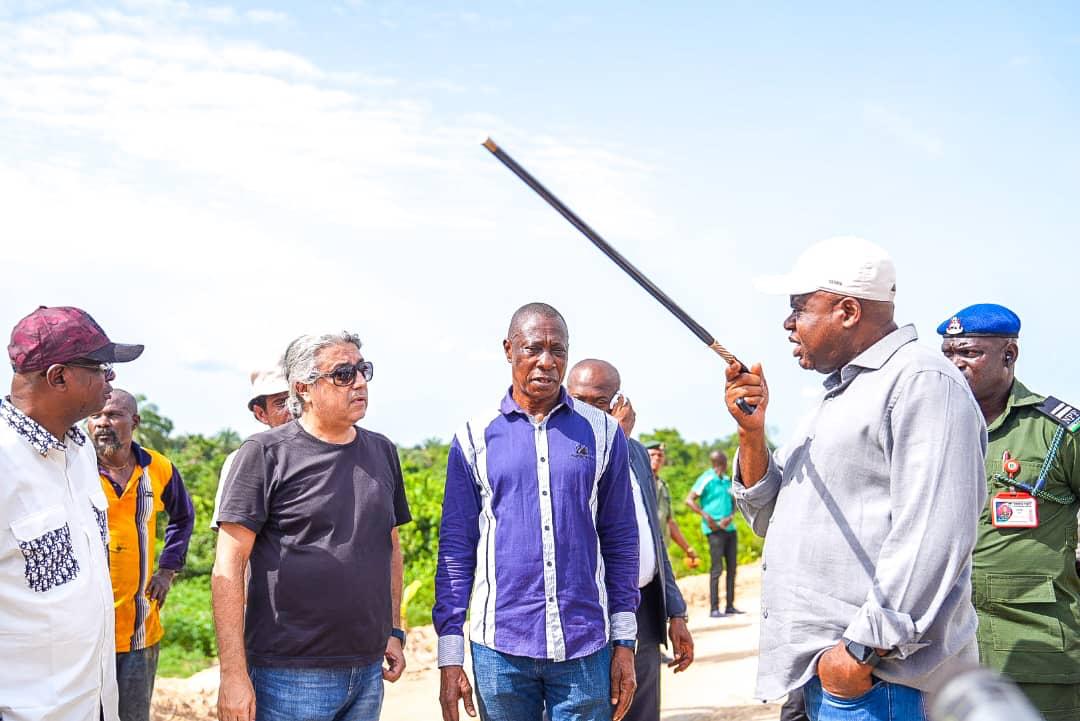
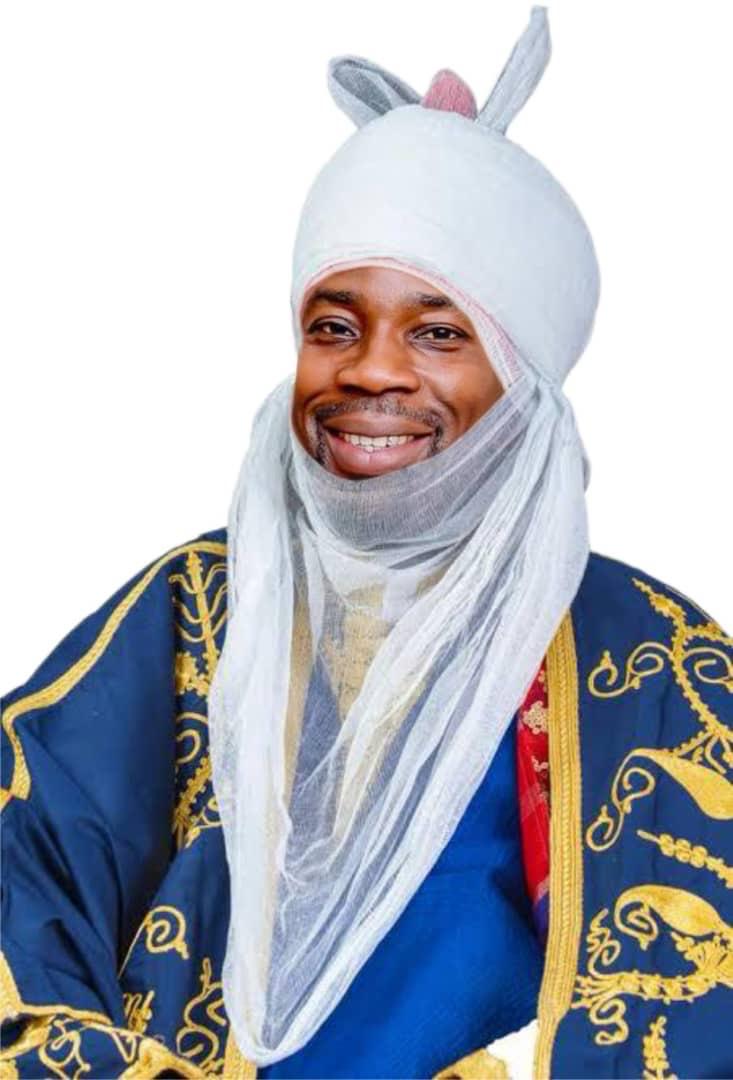

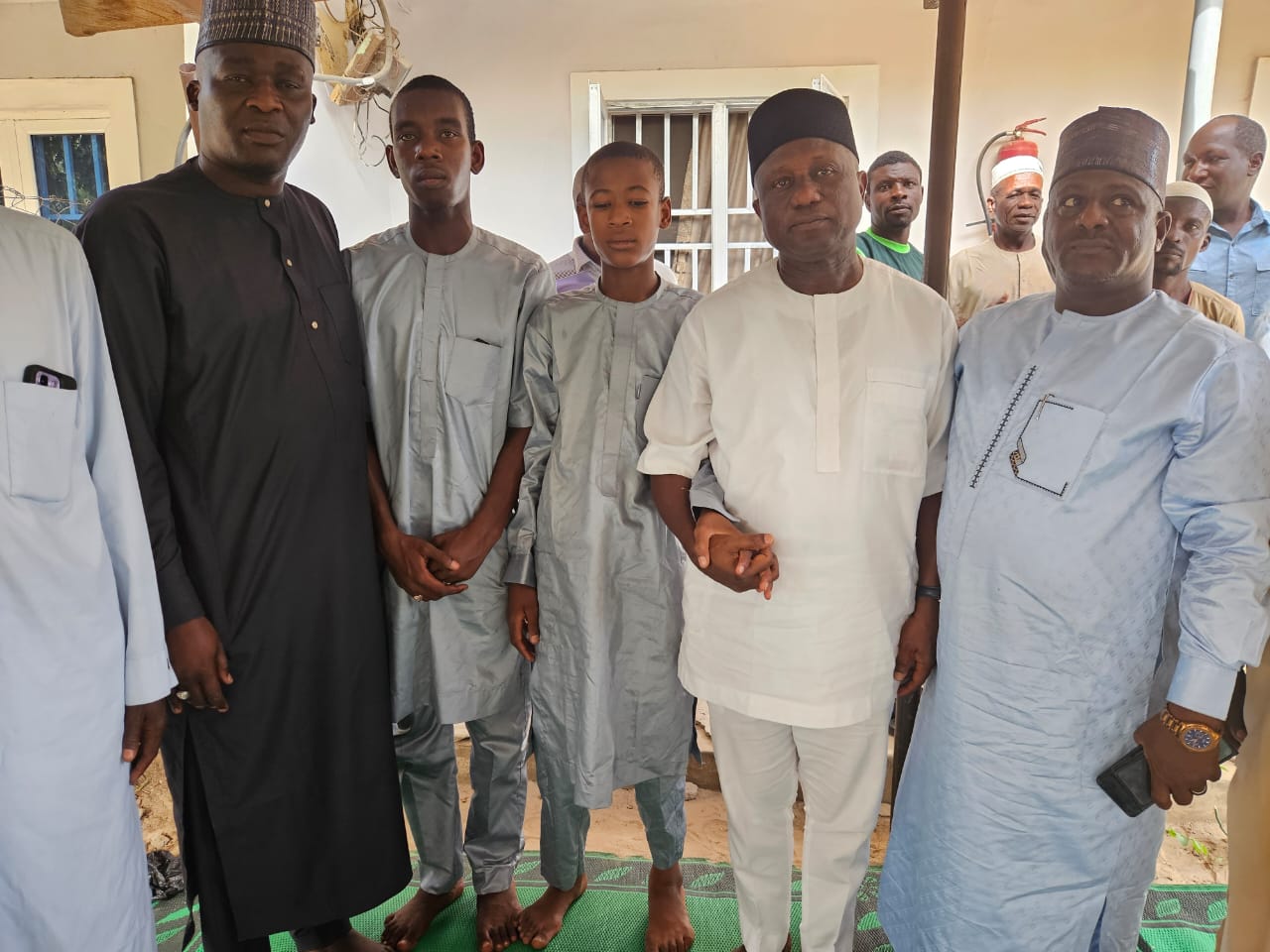

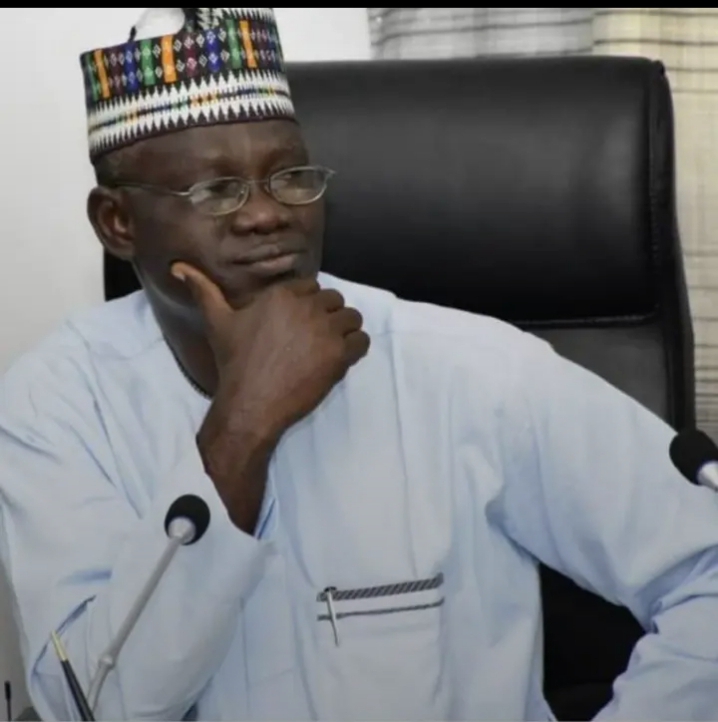
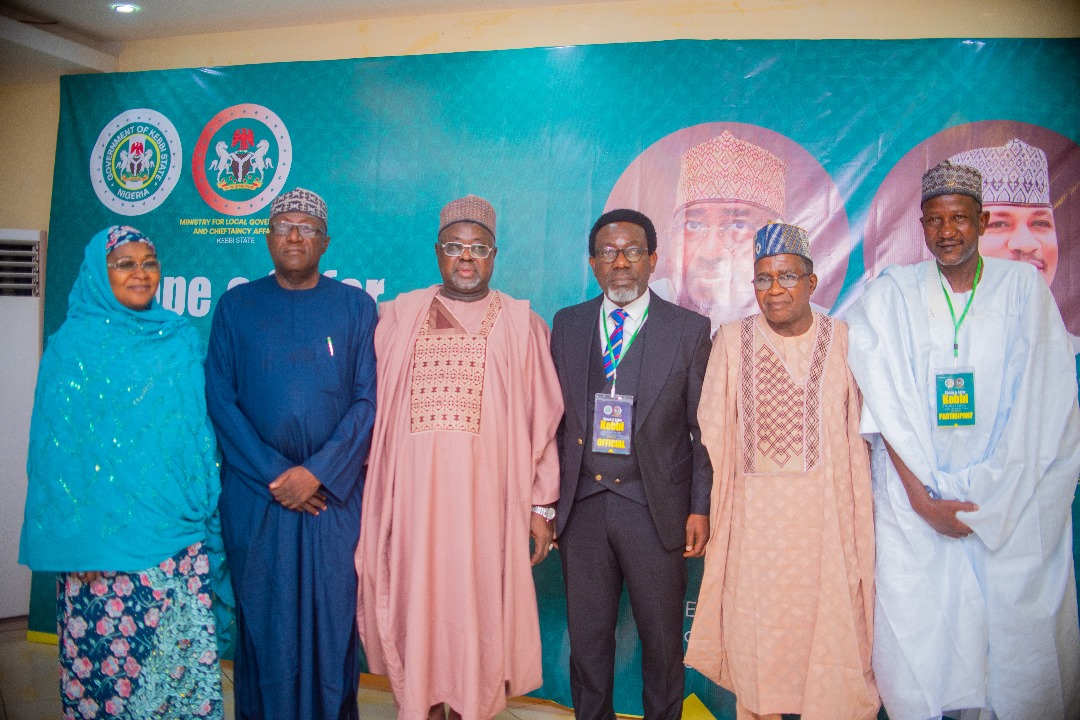
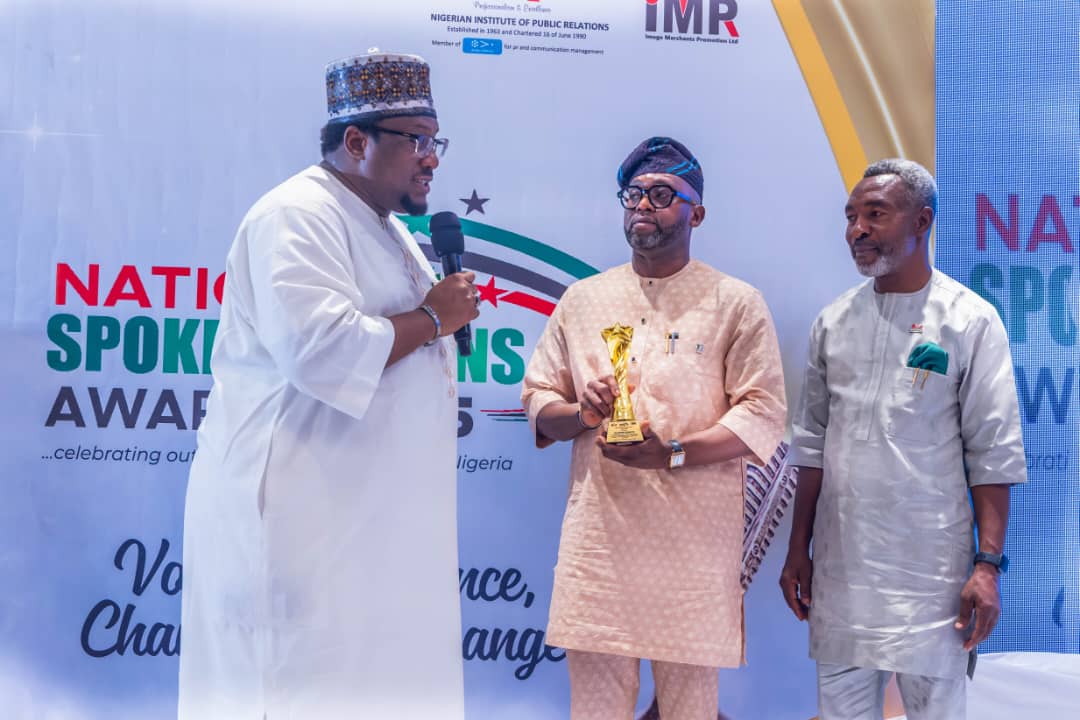
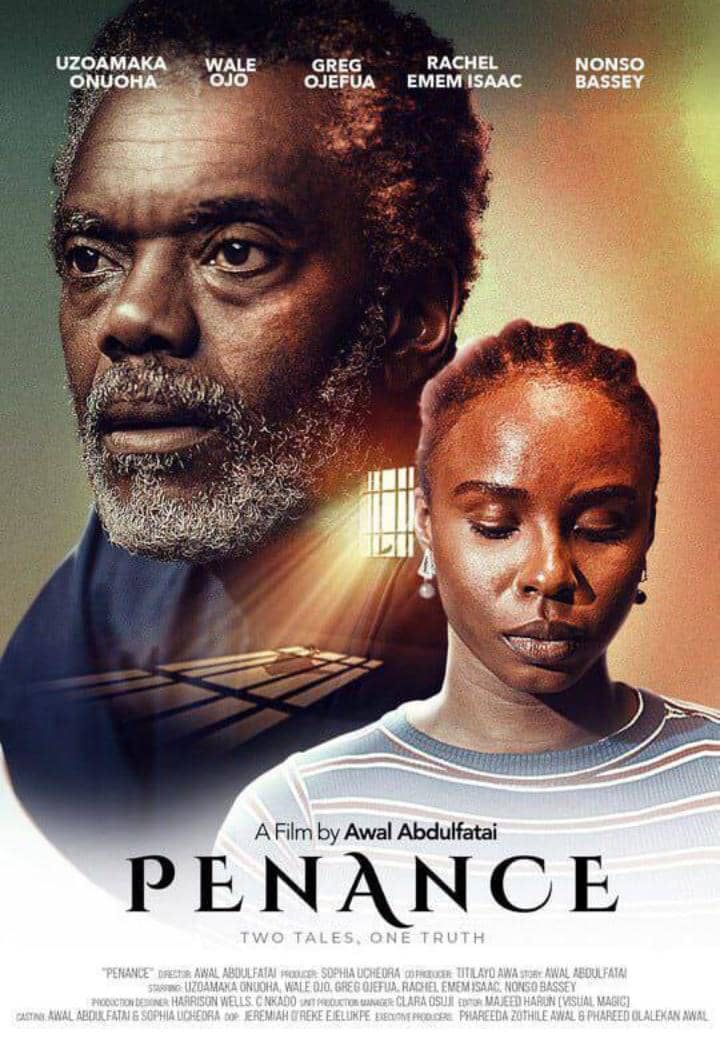

Leave a Reply